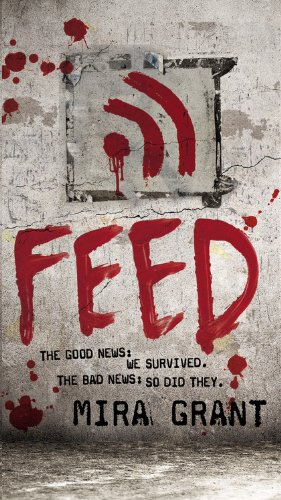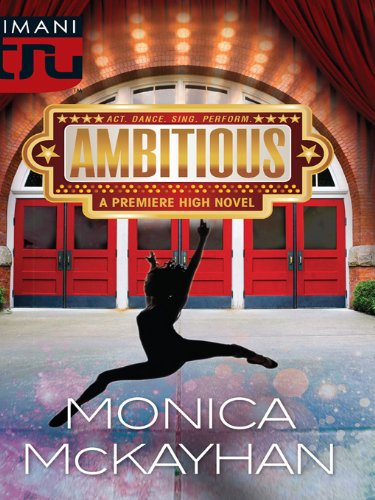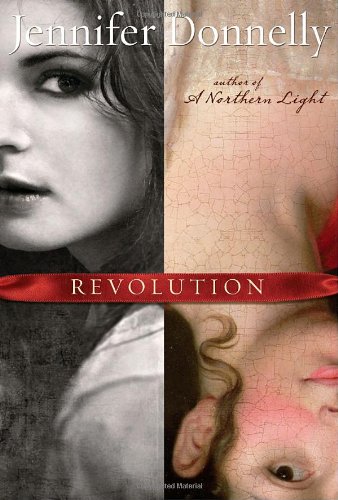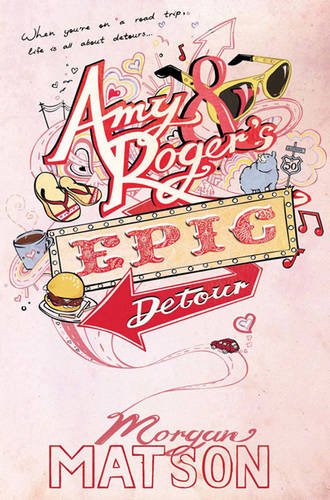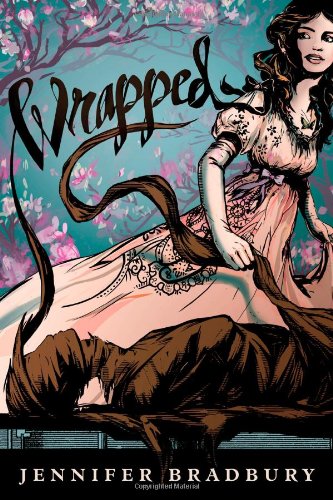 The Juliet Spell
by Douglas Rees
September 27, 2011
Received ARC for review from NetGalley
Amazon Link
Goodreads Page
Grade: A-
The Juliet Spell
by Douglas Rees
September 27, 2011
Received ARC for review from NetGalley
Amazon Link
Goodreads Page
Grade: A-
Synopsis from Publisher: I’m Juliet.
At least, I wanted to be.
So I did something stupid to make it happen.
Well, stupid and wonderful.
I wanted the role of Juliet more than anything. I studied hard. I gave a great reading for it—even with Bobby checking me out the whole time. I deserved the part.
I didn’t get it. So I decided to level the playing field, though I actually might have leveled the whole play. You see, since there aren’t any Success in Getting to Be Juliet in Your High School Play spells, I thought I’d cast the next best—a Fame spell. Good idea, right?
Yeah. Instead of bringing me a little fame, it brought me someone a little famous. Shakespeare. Well, Edmund Shakespeare. William’s younger brother.
Good thing he’s sweet and enthusiastic about helping me with the play...and—ahem—maybe a little bit hot. But he’s from the past. Way past. Cars amaze him—cars! And cell phones? Ugh.
Still, there’s something about him that’s making my eyes go star-crossed....
Will Romeo steal her heart before time steals him away?
Review:
I didn't really expect a lot from this book. The synopsis intrigued me, but I'm such a Shakespeare nerd that I wasn't sure it would be possible to make me happy.
Apparently it was possible.
Well, okay, I totally disagreed with a few of the characters' assessments of
Romeo and Juliet's qualities as a play, but that's what people who like to talk about Shakespeare do – they disagree on everything. Noel Streafeild (author of the wonderful
Ballet Shoes and rest of the Shoes books) once wrote something along the lines of 'a fan of Shakespeare will only be happy when he gets to disagree completely with the production.' I'm a little embarrassed to admit how true that is.
As a last ditch attempt after her audition for Juliet didn't go as well as Miranda (Miri) Hoberman wished, she digs out the spell kit she'd discarded the year before after the spells to make her dad come home didn't work. This time, she tries to cast a spell to make her Juliet – and somehow transports a strange boy into her kitchen instead.
The boy is Edmund Shakeshaft, and he's convinced that if Miri isn't Helen of Troy, she must be an angel or a demon or maybe even a fairy. Edmund's entrance is an impressive one, and it leads to confusion, hijinks, and even the possible dissolution of the universe itself. Because Edmund's come from Elizabethan London, and he's an actor with the Lord Chamberlain's Men who just graduated from playing female roles. And he's William Shakespeare's little brother.
I seriously loved how the entire introduction of Edmund played out. I loved watching his utter horror at the 21st century turn into fascination and curiosity about everything from the showers to television to the huge leather bound folio of the work of the man he considers his jackass older brother. From the first, Edmund's a charming and complex character, struggling to fit into and understand a society 500 years in his future.
Miranda is no less charming a character as she introduces Edmund to her house and world, tries to convince him that doing the dishes is definitely not just women's work, reassures him that he won't die in a car going 25 miles an hour, and not-so-slowly falls for him, accent, strange clothes and all. It's odd that Miranda seems to have no female friends at all, but her relationship with her mother (yay, parental involvement! Her mother is even asked for help!) is a strong and loving one.
But the play's the thing in this company of actors, and Miri introduces Ed to her dramatic society where he auditions for and is cast as Romeo – with Miri as Juliet.
I so enjoyed the author's obvious familiarity with the theatre as the characters go through the drama of putting together a production. As difficulties and tragedies mount, the action slides near the plot of a Judy Garland and Mickey Rooney musical – “gee, guys! Let's put on a show!” But the similarities stay this side of overly corny, and it's a pleasure watching Edmund's experience in the Elizabethan theatre clash with modern acting and directing styles.
One of my chief pleasures in any novel or movie (or tv show, thank you,
Doctor Who) about Shakespeare's theatre is playing the 'spot the Shakespeare quote!' game, and the author clearly enjoys that too as he scatters quotes from the plays before and after 1597 (the year Edmund's from) throughout Ed's dialogue. In the author's note, he mentions this is on purpose, and his reasoning (which I won't spoil for you because it's a bit of a plot point) makes me laugh.
The Juliet Spell is structured a bit like the play its characters are producing and while the first few acts are filled with lightness, comedy, and typical theatrical disputes (he took my part AND my girl!), the book gets more serious in the later chapters. Happily both tones are handled well, and the conclusion was very sad but ultimately satisfying. During the 'comedy' section, things seem to fall into place too easily at times – Miri's mother easily accepts Edmund into their life and home without really questioning why this strange kid is in their living room. No one really doesn't believe Edmund's story, and while he struggles to fit into the modern United States, he, Miri, and Miri's friend Drew are easily able to get Edmund a copy of a birth certificate as proof of identity.
I've seen some critiques that the time travel in this book in unrealistic – I'm not entirely sure what realistic time travel is - but for me, as long as magic, time travel, paranormal activity is internally consistent within the book, I'm happy. And so it is with this book.
I seriously enjoyed reading
The Juliet Spell and thank Netgalley and HarlequinTEEN for allowing me to read a galley for review! The book appealed to both the theatre and Shakespeare nerd within me and also the person who reads for intriguing, well-developed characters and situations.

